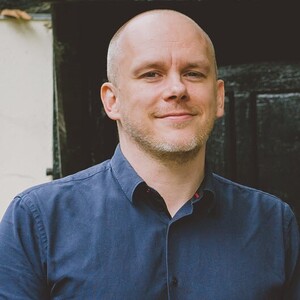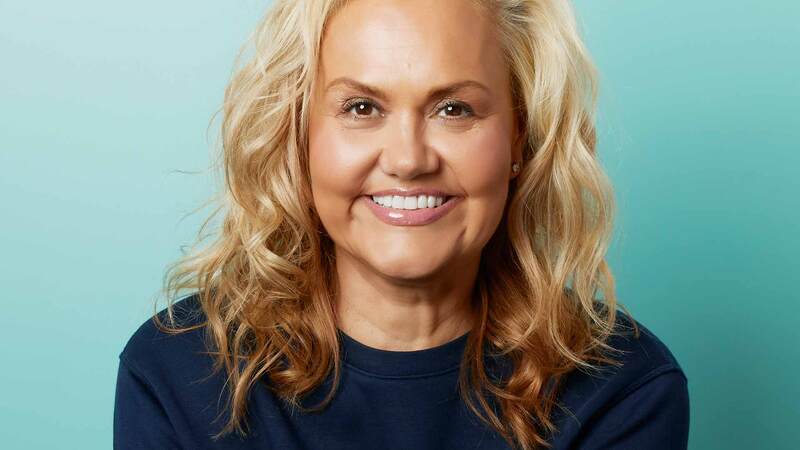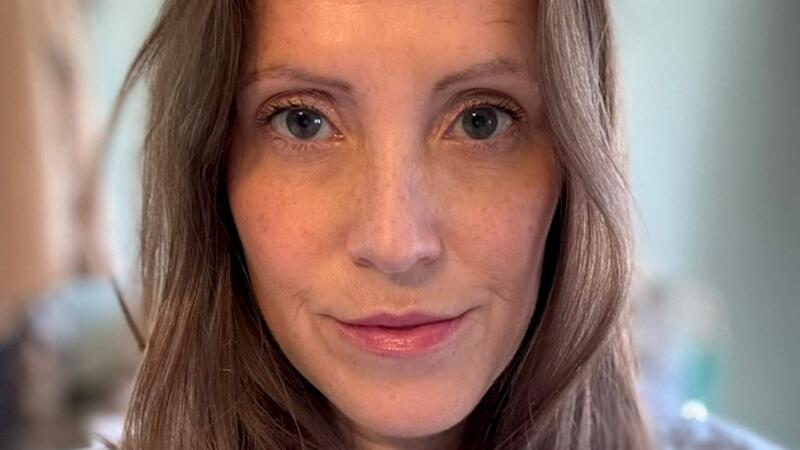You are viewing your 1 free article this month. Login to read more articles.
The content creation conundrum
Publishers need to rethink their audiobook approach urgently if they’re going to stay profitable and relevant.
What is an audiobook? What is an audiobook publisher in 2024? What do they bring to the table? Is this arena solely the home of the traditional houses that have brought us paper for centuries? Much like the TV world, the last five years have seen a rapid acceleration in the wealth of high-level, award winning audiobook content generating directly from the very same audiobook platforms on which we consume. These retailers are becoming the publisher and the studio. Are publishers up for that fight?
As more and more fantastic, directly-commissioned stories and addictively binge-worthy content is appearing in audiobook format exclusively and directly on the likes of Audible, Storytel, Podimo and virtually every other platform (surely Spotify, the great hope of addressing balance on the audio landscape are already commissioning), the glaring question has to be what does a book publisher do to play this same game? How do they stay relevant?
I’ve often cited the term disintermediation as something for publishers to be concerned by. This scenario, in which retailers and platforms would attempt, often successfully, to disrupt the author > agent > publisher route and directly contract authors for new original works has never been more acute. With big cheques and big marketing guarantees being offered, the temptations are understandable.
More recently I find myself questioning the very premise. Who’s disintermediating who? Authors and narrators aren’t wedded to their publisher for life. Writers often write for many outlets and in varying forms. A book publisher doesn’t have control over “their” author publishing a newspaper column, scripting a screenplay or writing a podcast. If the listener discovers a work, a story, a narrative that they find interesting or compelling and narrated by a voice they find comforting and informative, then who am I to question any sense of misguided authenticity surrounding who published it?
What incentive is there for the platforms to actively market and aid discoverability for the vast majority of these publisher-created audiobooks?
Book publishers will continue to invest in creating content to then retail through these very same platforms that are now competing directly with them as content providers. But what incentive is there for the platforms to actively market and aid discoverability for the vast majority of these publisher-created audiobooks? Their algorithms are designed to do one thing – create affordable retention. Hook that listener in and provide them with enough satisfying content to retain them in the subscription! And one thing is for sure, a platform’s own content already has its sunken costs, but the ongoing royalties aren’t there. It’s cheaper. Surely these publisher-created titles and author names should be more than mere fishing-bait to lure in new customers for the platforms.
The solution? Play the same game publishers! If a retailer can create its own content, then a publisher can create its own D2C space. Close the loop. Currently publishers are closer to the authors, they’re the ultimate curators, they have history and a credibility that has to be earned over centuries. And who’s ever met a writer who doesn’t openly dream about being “published”. There’s kudos that isn’t yet faded.
Equally, I think this is wake-up call for publishers to step up and acquire differently, source their creators from a broader pool – and to acquire for higher fees. The threat of audio platforms also being audio publishers isn’t the only peril either. When is an audiobook a podcast? When is a podcast an audiobook? Who cares? As a consumer, I don’t. But publishers really, really should.
By way of example, look at the multi-million selling author Michelle Obama, who has signed a major exclusive worldwide Audible Original deal for a first-look production deal on podcast series. What is there in that process that a publisher couldn’t do? The size of the cheque? Maybe. Or consider the forthcoming audio edition of 1984 starring Tom Hardy, Andrew Garfield, Cynthia Erivo and Andrew Scott (not to mention a score from Muse’s Matt Bellamy) – why couldn’t this have been created by a book publisher? The real issue is the lack of ability for publishers to create the content and then recoup via its own D2C platform to earn-out quicker and hit profitability.
The landscape is treacherous but laden with challenges and quick-fix opportunities for the brave in equal measure. And frustratingly, none of it is new nor even routes publishers haven’t themselves taken before. Development deals (eg James Patterson + Audible) and first-look deals abound. Equally, these audio platforms are able to go multi-language in the blink of an eye (check out Wastelanders in French, German, Hindi, Italian and Japanese) challenging the common convention of publishers’ language rights sales.
The very notion of book publishers’ audio content creation strategy in 2024 needs a reset if publishers wish to continue seeing growth and realising their true potential. Creativity of format in acquisitions, courage in terms of optioning first-looks and development agreements for series, open-mindedness to audio-only and audio-first publishing and considerations about multi-language options. Moreover, if publishers really want to hit profitability on those titles quicker, having their own platform provides them complete marketing control, direct access to the listeners and a much bigger slice of the pie.



















